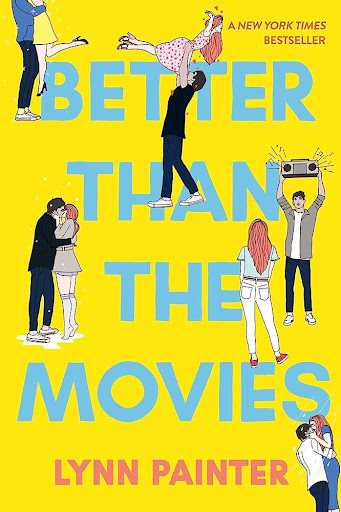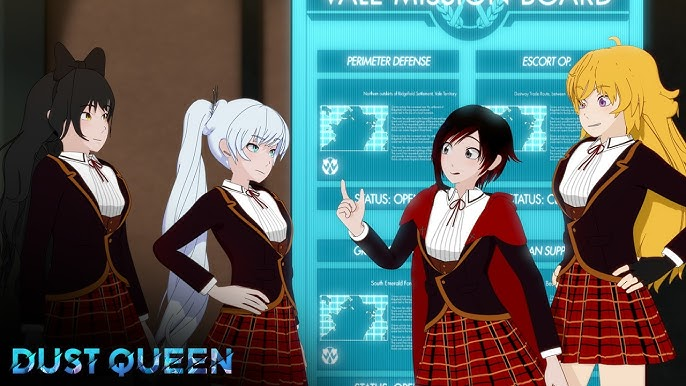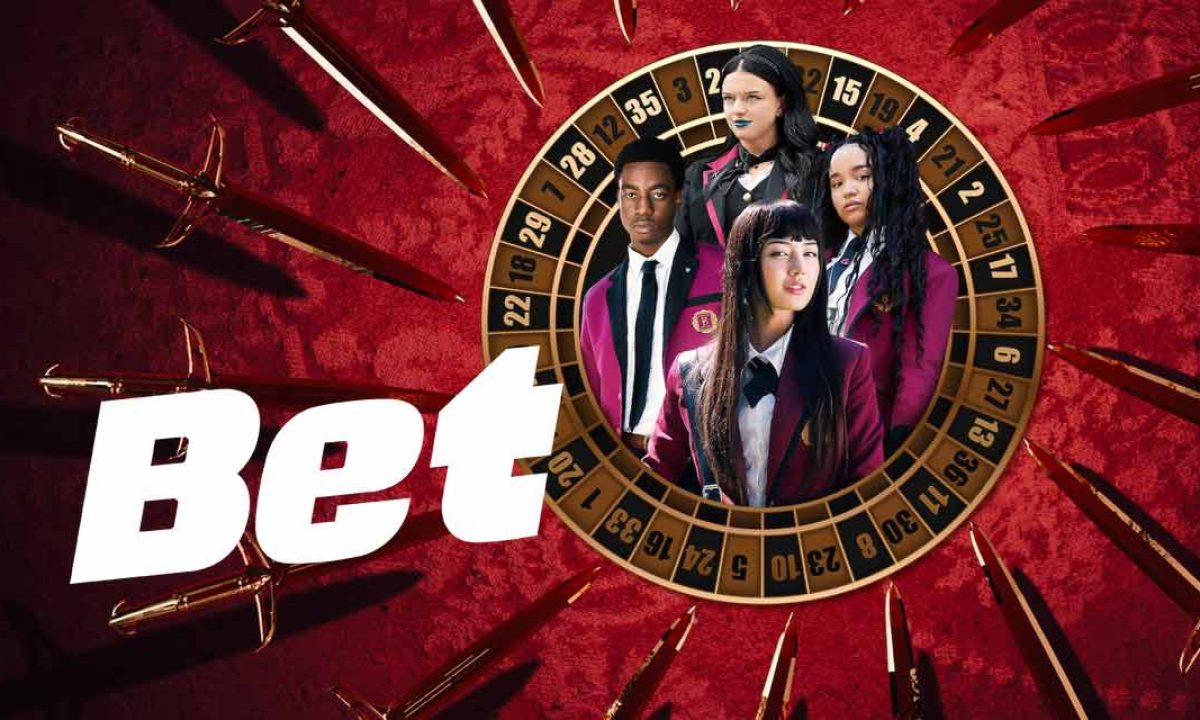“Better Than the Movies” by Lynn Painter is an amusing and exciting young adult romance. You may have seen this book cover all over the school’s hallways as a promotion for the Romance Book Club.
“Better Than the Movies,” although released in 2021, has recently gained popularity in the “BookTok” community as a quintessential enemies-to-lovers romance novel. The story follows Liz, a senior in high school, as she navigates feelings for an old crush who has just returned to town, and starts to develop a new crush on her neighbor Wes, who has been her sworn enemy for years. The book also delves into serious topics such as intense feelings of grief seen as Liz learns to cope with the passing of her mom.
Typically, I feel that the “dead parent” trope is an overused way of providing depth, and it rarely has a substantial effect on the story. However, in this novel I felt that it played a prominent role in Liz’s character development. Liz, still struggling with the mourning of her mom’s death, tries to bond with her new stepmother over prom. However, she feels a sense of betrayal towards her biological mom, and struggles with spending time with her newfound family member. I enjoyed this creative approach to a commonly used scenario in stories similar to “Better than the Movies.”
Although I think this subplot was well-written in terms of contributing to Liz’s storyline, I still did not find myself all too interested in it. I was far more intrigued with Liz’s romantic interests and a fight that Liz and her best friend, Jocelyn, get into. They fight over Liz being “boy obsessed” and neglecting her priorities such as her friendship with Jocelyn. However this fight came across a bit typical in terms of originality.
I appreciate that Painter allowed Liz many areas to develop her character, including her romantic feelings for her old neighbor, Michael. However, I was often annoyed by the protagonist. While a part of the plot focuses on her trying to show Michael how grown-up she is, her character still felt immature to me and somewhat irritating. She wants to impress Michael, which starts a sequence of moments in which she tries to show him how much she has matured, but in reality these scenes make her seem even more childish. These scenes also feel unoriginal for stories of the same nature. For example, she gets hit by a basketball in front of Michael, leaving her embarrassed and with a broken nose, and a girl vomits on her at a party. Both of these situations feel cliché and somewhat predictable. Her crush also seems very unrealistic, as he moves back home after spending substantial time away, but she is immediately obsessed with him and refers to him as the love of her life.
It is obvious that Wes, the neighbor she had hated for years, is the better choice, and I was enthralled throughout their plot and the teasing of them being together. This novel was one of the few times that I actually felt the love interests’ fight being centered around a miscommunication was creative and intriguing, and it did not feel forced or unrealistic.
Even with the novel’s couple annoying character traits and one slightly unintriguing plotline, “Better Than the Movies” contains exciting and engaging romance, as well as the perfect ratio of emotional depth to lighthearted subplots. I found myself excited about the majority of the book and strongly recommend the story to anyone with interest in a witty and enthusiastic read.















